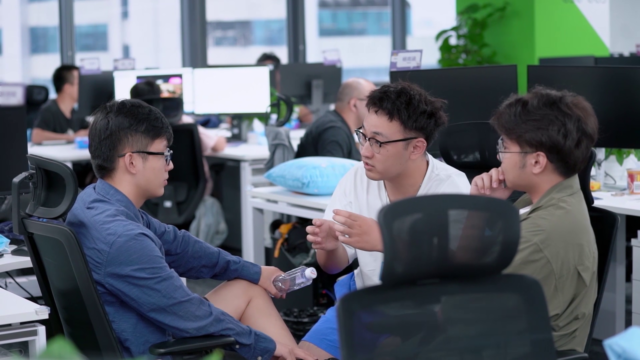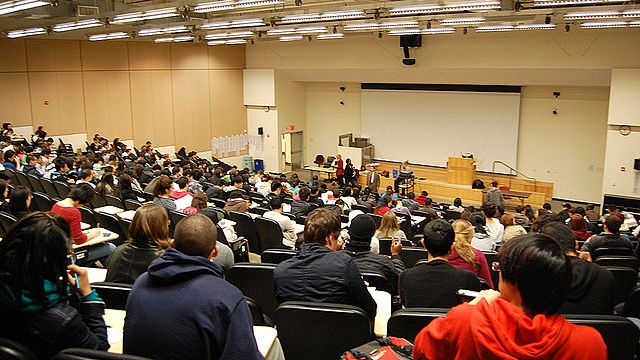
Navigating diverse industries: a journey of knowledge management
Introduction
Seven years ago, I was assigned to build a resort hotel in a scenic village in Nanjing when I started my career in a subsidiary of a state-owned company. Before undertaking this major project, I lacked experience in managing a hotel since my previous job was about media operation and marketing for a shopping mall. However, I managed to do my job with satisfactory results in the end. In addition to accumulating specialised knowledge and skills in professional settings, I have also participated in a variety of projects to explore the practical uses of theories acquired.
After the resort hotel project, I was promoted to work as the director of the general office and financial department at another subsidiary of the state-owned enterprise, Beijing Chuyun Culture Communication Co., Ltd. Here, I was involved in the production of the film Village Head at Work, including screenwriting, casting, shooting, sound recording, screening the finished product before an audience, and fundraising.
And it is through those experiences that I began to realize how to use scientific knowledge management (KM) strategies to help me accumulate experience and achieve results in unfamiliar fields. More importantly, In the process of KM, I have acquired my own exclusive ability, which can help me cope with more challenges in the future:
The ability to go from 0 to 1
The phrase “going from 0 to 1” was popularized by entrepreneur and investor Peter Thiel in his book Zero to One: Notes on Startups, or How to Build the Future1. The ability requires visionary thinking, risk-taking, and a commitment to challenging the status quo.
The hotel project was passed over to me as soon as the construction work was completed. And I was required to get the hotel fully prepared for operation within one month. However, as long as things start, it may be easier than I thought. When I don’t know how to act, I think imitation is the best first step.
Therefore I went to Moganshan Homestay Cluster2, the most famous homestay cluster at that time, to visualize the concept of resort hotel by observing and learning their existing facilities and processes. Only with the picture can the project be implemented easily. At the same time, I also obtained some information of peers in the field, which was convenient for future communication, learning and resource sharing. These ideas enabled me to move the project forward very quickly—I decorated the premises according to the different themes I designed, including 12 rooms and two villas. In the meantime, I developed a management team from scratch, which would be responsible for the day-to-day operation of the resort hotel.
One month later, coinciding with the Mid-Autumn Festival, the hotel I made a fresh start welcomed the very first batch of guests, my superiors. I had done my job quite well, and I received a lot of compliments from the senior management team and a promotion. After some marketing campaigns, the project soon became a landmark hotel in the local village, with the holiday occupancy rate reaching nearly 100%.
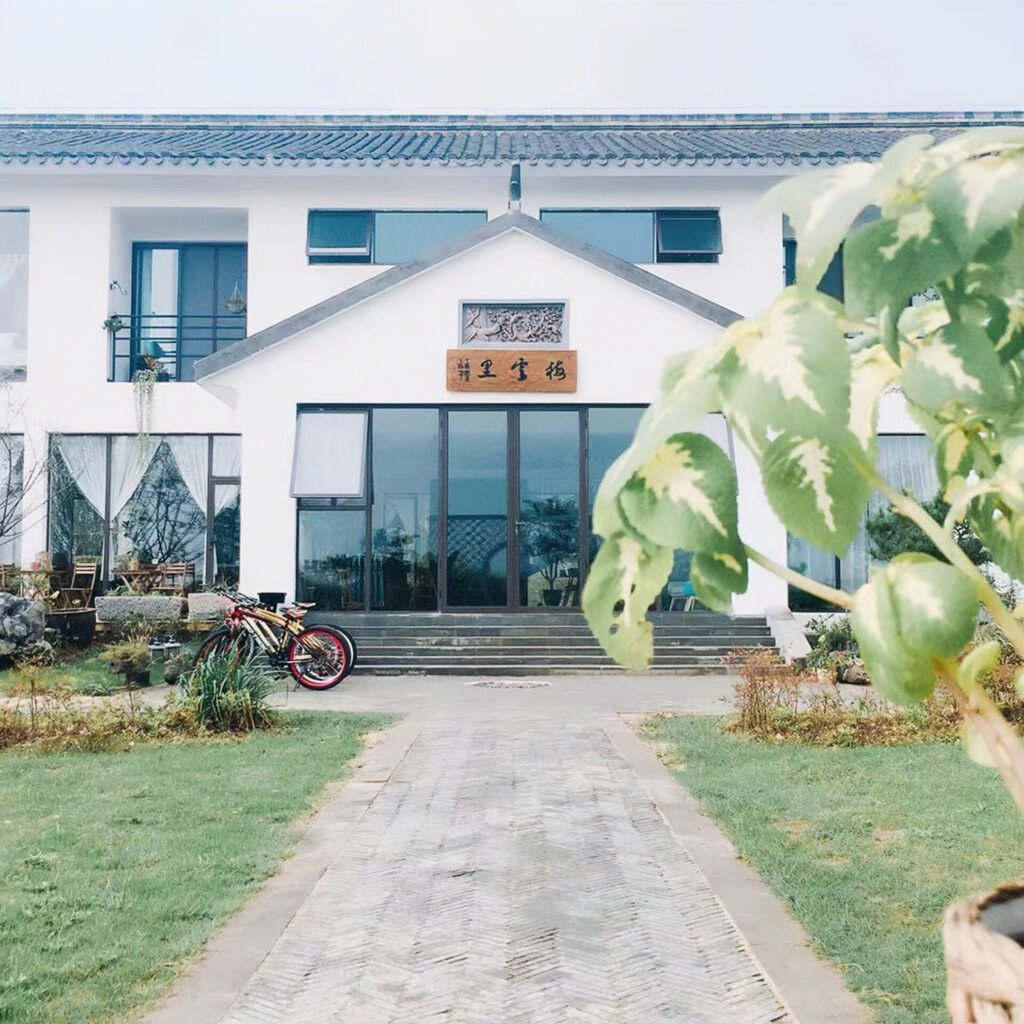


Ability to multitask
Management work is full of responsibility. When I was involved in a film production company, as part of the creative and management team, I had to follow up the work plans and progress of several departments as well as ensure that each stage of filmmaking ran smoothly. Whether the movie produced through the efforts of people in different roles within the team would be a success depends largely on whether I am doing my job well.
My experiences tell me management for me is a process of mutual understanding and mutual achievement. At the same time, as a project manager, the ability of multitask is very important, especially when you are in a complex and tightly connected organization.We need to develop good time management and project management skills. First, before we start multitasking, we need to assess and inventory what we need to accomplish. This involves ranking factors such as priority, due date, and importance of tasks, and planning accordingly. By planning our tasks properly, we can make sure that we don’t overwhelm ourselves with multiple tasks.
What is interesting is that this process is constantly changing. On the one hand, I accumulate experience in parallel processing of multiple tasks in practice; on the other hand, I need to flexibly adjust strategies and task priorities in the process. Through continuous trial and practice, I can learn how to balance tasks, adjust priorities, and allocate time and energy reasonably. There are also many problems with multitasking, such as the loss of time and energy caused by frequent switching of tasks, so it is important to allocate our energy and attention properly. Shallow work and error prone are also common problems in multitasking, which requires project managers to be flexible and vigilant at all times.
In this process, despite the ability to multitask, I think strong teamwork skills and the mindset of a manager are also important, a good manager should not only a helmsman but also a service provider: understand the situation of the team, track each stage of the team, and give appropriate resource help and emotional motivation. Therefore, the team can cooperate closely and achieve each other. This is a positive feedback process.

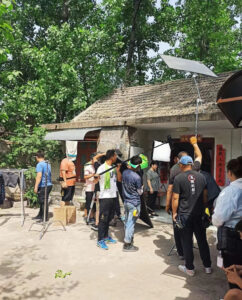
Resource integration capability
In my work, I have never been stingy to seek advice from predecessors and colleagues, which I think is the underlying logic for obtaining resource coordination ability. Especially when you are new to an industry or in a relatively limited resource environment, how to access information and resources, how to mobilize resources and how to leverage limited resources to your needs is very important.
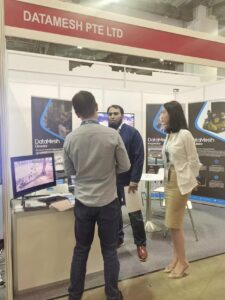
The prerequisite for acquiring the ability to integrate resources is that, internally, one must first understand the current company and the resources available, including company personnel, capital, technology, markets, etc. After I came to Singapore, I worked as an intern in a local software company. I had little knowledge base relevant to the science and technology industry. However, after adjustment, I quickly adjusted my status and got to know the basic situation of the company and the industry by asking colleagues for information.
Externally, it is necessary to establish a good relationship network to provide more opportunities and support for resource integration. For example, in the homestay project, industry information can be obtained through investigation, and other social activities such as industry conferences, forums and exhibitions can be used to expand professional social circles and expand resource channels.
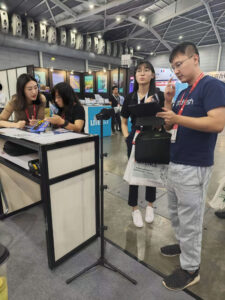
Sometimes, as a new hand in the industry, I feel the tension of exploring new situations independently in the face of unknown fields and the fear of being ignored. I have a very simple but useful suggestion, which is to take the initiative to share the information you know, the feedback and suggestions you get from it, and the information from more perspectives extended, which not only helps to establish a friendly communication atmosphere, but also helps to establish a friendly communication atmosphere. It also facilitates better integration of resources.
Conclusion
In conclusion, the journey through diverse industries has revealed the universality of certain KM strategies. Whether “going from 0 to 1,” multitasking effectively, or integrating resources, the core approach remains consistent. The key lies in finding a personalized approach to acquiring and utilizing knowledge—a master key unlocking doors to success in various career paths. As industries continue to evolve, the ability to navigate and balance KM strategies becomes increasingly critical for individuals seeking to thrive in diverse professional landscapes.
Article source: Adapted from Navigating Diverse Industries:A Journey of Knowledge Management prepared as part of the requirements for completion of course KM6304 Knowledge Management Strategies and Policies in the Nanyang Technological University Singapore Master of Science in Knowledge Management (KM).
Header image source: Alexander Suhorucov on Pexels.
References:





